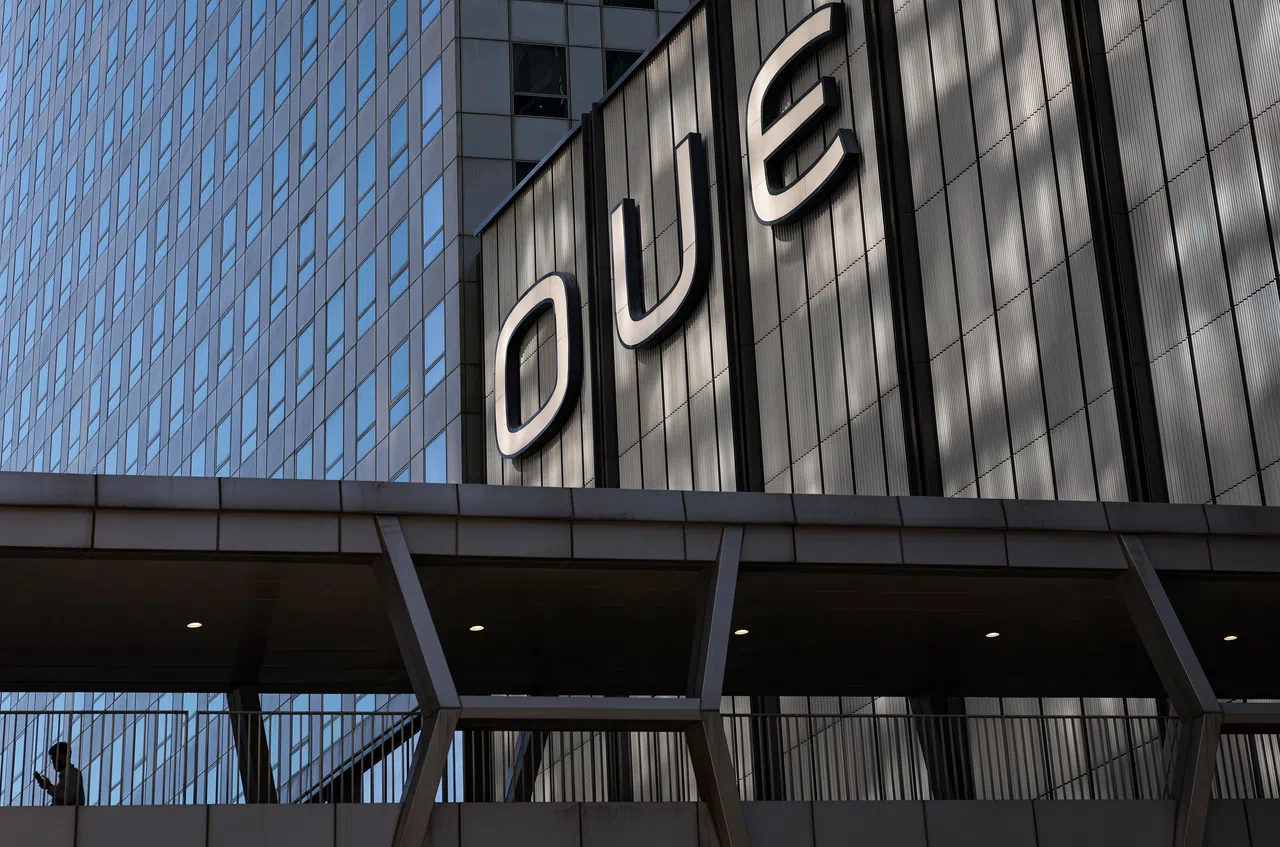[NEW YORK] Online shopping giants Temu and Shein saw their sales rebound in March and April as US shoppers stockpiled products such as makeup brushes and home appliances before tariff-led price increases set in.
Shein recorded some of its best US sales growth in the past 12 months as revenue jumped 29 per cent in March compared to a year earlier and then accelerated further to 38 per cent over the first 11 days of April, the latest date for which data is available.
Meanwhile, PDD Holdings’ Temu saw growth of 46 per cent and 60 per cent over the same periods, according to Bloomberg Second Measure, which analyses credit and debit card data. The accelerating growth for the two platforms came after a slowdown in February, when both companies posted their slowest growth in the past year.
Sales have been resilient since March as US President Donald Trump’s escalating tariffs sent a strong signal to consumers that prices are likely to rise, four merchants selling on Temu and Shein said. The US government’s decision to end from next month the “de minimis” exemption for small packages worth up to US$800 makes it likely prices will rise further.
The rebound in Temu and Shein’s growth numbers reflects how American consumers are stockpiling everything from cars to olive oil to iPhones in anticipation of skyrocketing prices after the tariffs set in. Electronics retailer Best Buy recorded its best monthly performance since 2021 and visits to Toyota Motor and Hyundai Motor dealerships also rose.
In its latest response to the tariffs, Shein and Temu announced plans to raise prices for US consumers in almost identical notice. Both will make the price adjustment starting Apr 25 as operating expenses have gone up “due to recent changes in global trade rules and tariffs”, the companies said.
BT in your inbox
Start and end each day with the latest news stories and analyses delivered straight to your inbox.
“We have had nice sales since March, and saw some hoarding in recent weeks, such as customers buying 15 sets of the same makeup tool at one time. I have not seen that before,” said Sun Yang, who has a Temu store selling face-and body-painting tools such as brushes and colour palettes. “I think that’s smart as we will have to raise prices soon when our old inventory is sold out.”
Sun said he will need to raise prices by 20 to 30 per cent to cover the increased tariff and logistics costs of shipping goods to US-based warehouses in the coming weeks.
To some Chinese suppliers, the top priority is securing new production locations outside China as soon as possible as the short-term boom in orders is unlikely to offset the expected plunge in US sales once they are forced to raise prices.
Trump’s decision to pause the higher tariffs for dozens of trade partners for 90 days while at the same time raising duties on China-made goods to 145 per cent has only reinforced the necessity of sourcing their products from elsewhere.
Frank Deng, a sales manager of a Shanghai-based home appliance exporter which sells to the US online, says his company usually has three months-worth of inventory.
“When the low-priced inventory is sold out, that’s when the real battle begins,” he said.
He added that the company initially felt it could tolerate higher tariffs until Trump drastically raised them to more than 100 per cent. They are now spending every minute looking for new manufacturing locations in Vietnam.
“We only have three months to do that, or the game is over,” he said. BLOOMBERG






